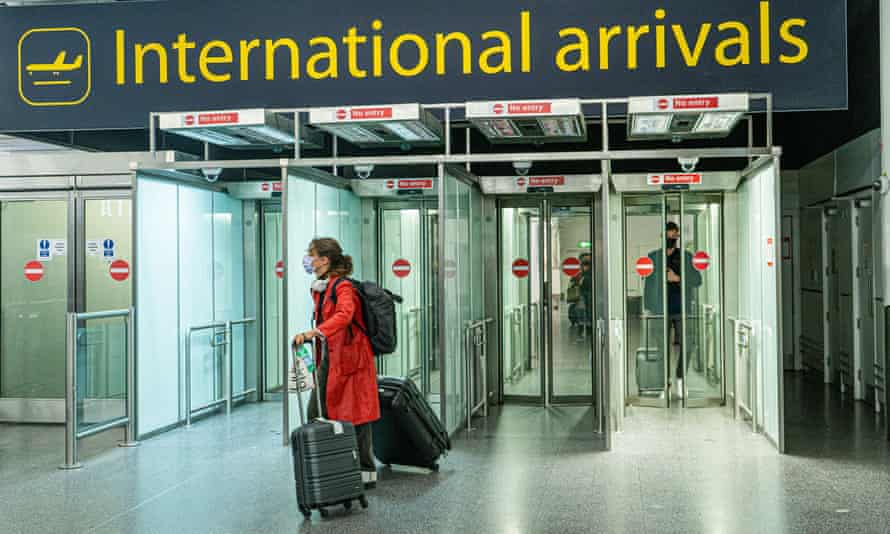Covid restrictions could hinder Cop26 delegates and observers
‘My fear is that we will see fewer delegates from some of the most afflicted countries,’ a Cop26 insider from a developing nation says

Cop26 will be a “conference of the parties” like no other, as this is a year like no other. The Covid-19 pandemic has changed the way Cop26 will operate, and that has many worrying implications.
Cop26 should have taken place in November 2020, but the decision was taken in May 2020 to delay it by a year, because of Covid. However, the extra time has not meant that the negotiations have advanced more. The negotiators have not been able to meet in person, which has been difficult. We had online discussions and pre-meetings but these were very different from the formal negotiations that would normally have taken place to prepare the ground for Cop26.
The UK has taken on a big task that was made even bigger by Covid. Much of this year has been spent by countries fighting against Covid, and the climate crisis has been put on the backburner to some extent. There has been a major focus on restarting the global economy, but the climate emergency is deepening.
Even during a normal year, Cop is often a process of procrastination and willful inaction, which can be frustrating. But usually there is an inter-sessional negotiating meeting where we have a draft text to work on. This year, because of Covid, that process of composing draft texts was undisciplined. It happened virtually to some extent, but that is not the same.
Negotiations when you are not face to face are not real negotiations. So the meetings that happened this year have been dissatisfactory. There will be a lot to catch up on in Glasgow when we finally meet in person, and we will not have much time, which is worrying.
Some countries will face great difficulties to attend the Cop. The UK has made vaccines available, but people from red list countries will still have to quarantine even if they are vaccinated. The UK has said it will pay for the quarantine of the delegates, but the details of how that will work are not clear. My fear is that we will see fewer delegates from some of the most afflicted developing countries.
I am also deeply concerned about what will happen to the observers and NGOs, not just the negotiators. The observers and NGOs play a very important role at Cop, by creating pressure and a sense of urgency. Negotiators need to know that this is about the public outside, that people around the world want action.
Many observers and NGOs are telling me they fear they will not be able to participate as much this year, because of Covid: the restrictions, the extra cost and so on. The UK is taking some steps, but I’m not sure this will be enough to enable the participation we need to see.
-
Every week we’ll hear from negotiators from a developing country that is involved in the United Nations Framework Convention on Climate Change negotiations and will be attending the Cop26 climate conference.